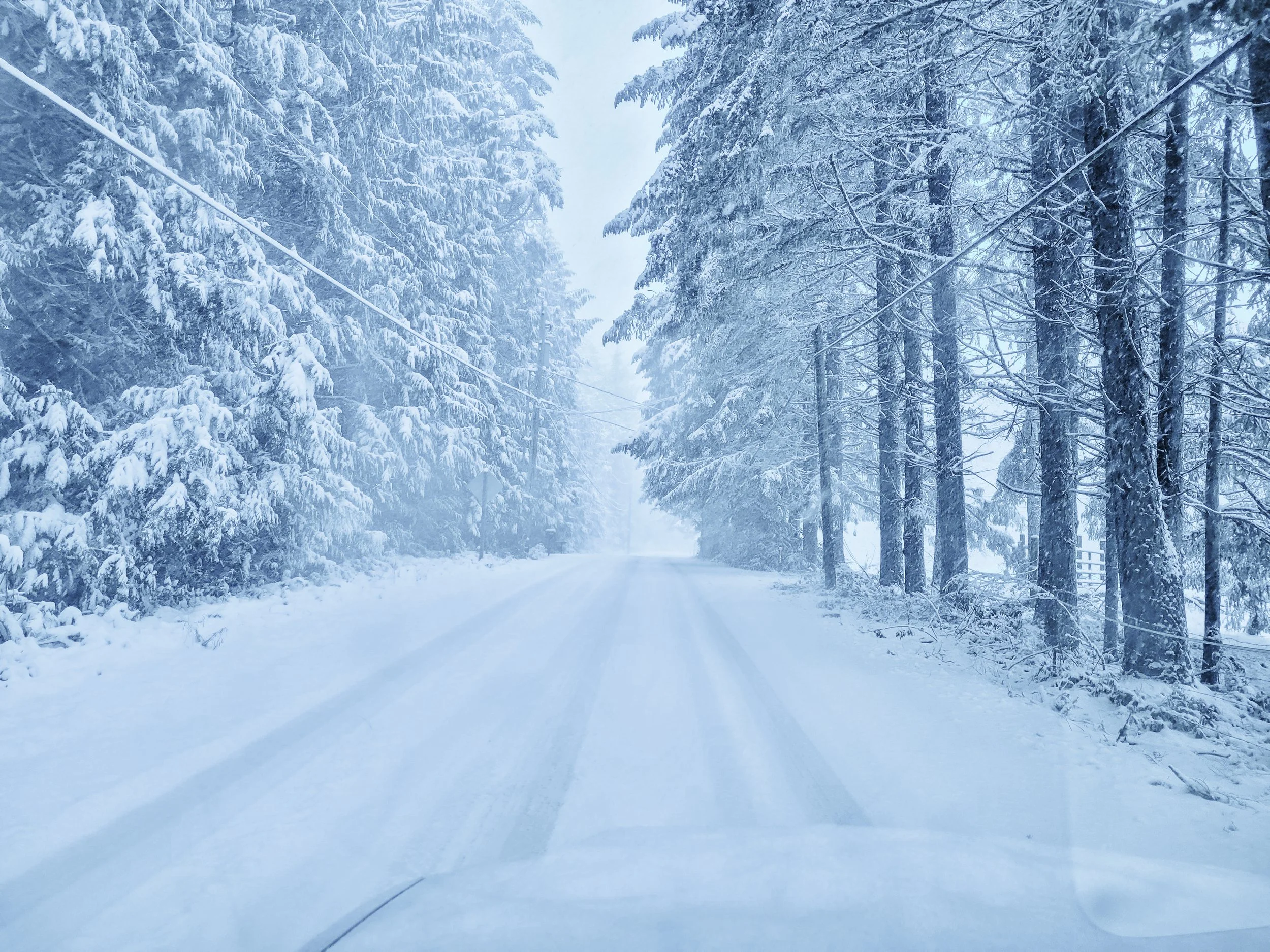How the Kitsap Transit team navigates extreme weather
The week before the Christmas holiday, a winter storm encased the Puget Sound in snow and ice. At the storm’s peak on Dec. 23, multiple transit agencies suspended service entirely due to impassable road conditions.
KT was no exception. We operated snow routes or emergency loops for the entire week while Kitsap County was pummeled with snow, sleet, freezing rain, high winds and flooding.
But thanks to our incredible team, we were able to operate service at limited levels every day. Routed and ACCESS operators rose early to take passengers to their destinations through treacherous conditions. Driving large vehicles in inclement weather is an extremely difficult job, and our drivers excelled at it, with no preventable accidents and no reported injuries. When Puget Sound Naval Shipyard curtailed service, we added temporary ferry and bus service to get folks home. Our ACCESS drivers continued to operate life-saving trips for passengers with dialysis appointments.
While our operators are the public face of Kitsap Transit, we want to give a big shout-out to everyone at the agency who worked long hours helping keep our service up and running. Responding to snow events is an agency-wide endeavor – every department plays an important role.
How we handle severe weather
During snow events, our supervisors, dispatchers and support staff are up bright and early (real early!) to evaluate road conditions and make decisions about service levels for that day.
Routed and ACCESS supervisors start the day at 1:00 AM. Using vans equipped with snow tires and chains, they drive all over the county and report road conditions before drivers arrive for their shifts. They also pick up and drop off passengers from areas buses cannot reach safely.
Dispatchers are the communication hub for our entire Routed operations department. They communicate with drivers about road conditions, make calls to schedule open work when we have callouts, and ensure drivers have the correct directions and are operating their vehicles safely.
Starting as early as 4:00 AM, our Customer Service team is on the phones, taking calls from customers and helping direct them to the right stops. They pass along real-time bus location information from dispatchers to riders waiting for their bus. Dispatchers and customer service representatives work closely together to make sure passengers can be picked up safely.
ACCESS Customer Service staff have similar duties, but with an important caveat – they contact ACCESS dispatch to arrange rides for passengers who have serious medical conditions and require life-sustaining care. They also call passengers to let them know if their trip needs to be canceled.
Another key part of our severe weather response is our Facilities Maintenance and Vehicle Maintenance teams. Both teams are on 24 hours a day during storms, working 12-hour shifts. Facilities’ staff keep our employee and customer parking lots, sidewalks, and transit centers de-iced and clear bus depots and park & rides of snow and other debris.
Vehicle maintenance is responsible for installing snow chains, cleaning off snow-covered buses, repairing vehicles and responding to breakdowns or issues with buses on the road.
Using reports from supervisors and weather forecasts, our Operations Director decides which routes should operate regular service, snow routes or emergency routes. He then briefs our Executive Director, John Clauson, who also makes the final call in the event we need to suspend service.
Service change information is forwarded to Kitsap Transit’s Marketing Department, which is behind every Rider Alert sent out during a snow event. To help riders plan trips, we make changes at the same four intervals every day. An hour before those intervals, our team sends an alert to the public to let them know at which service levels we’ll be operating. Marketing also relays route information on social media, answers rider questions and updates our Snow & Extreme Weather Dashboard.
Multiple departments not involved in day-to-day service operations also provide essential support during snow events. Service Development planners help to adjust routes as needed, update route directions and verify that detours are accurately displayed on our real-time tracking app. Our IT team is continuously on call during snow events, making sure essential systems are working correctly so that buses and staff can connect with the crucial back-end information to keep our service operating. Our Capital Services Department communicates with our contractors to ensure construction sites and materials are secured for the safety of anyone in the vicinity.
While our Marine Services Department is less impacted by snow than our land operations, they still have the important job of keeping passengers safe. Crews and staff de-ice docks and shovel snow from piers so passengers can board. They also clear vessels of snow and ice that can impact performance.
During a series of early-morning calls, our Worker/Driver program manager gets information from individual drivers about reroutes and sends out Rider Alerts to passengers. She’s in constant contact with PSNS, which will issue two-hour delays or curtailments during especially bad weather. Our Executive Director is also on the phone with the executive director of the Puget Sound Naval Shipyard (PSNS) around 3:30 AM to update them on the status of our services.
On top of everything, our incredibly talented administrative staff provides support to all departments during snowstorms in ways too numerous to count. We’d also like to thank Kitsap County and city public works departments, whose hard work clearing snow and de-icing roads allows us to operate.
Everyone here at Kitsap Transit is here to serve our passengers. Thank you for trusting us to get you to your destination.




